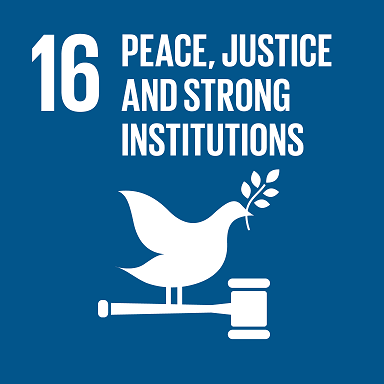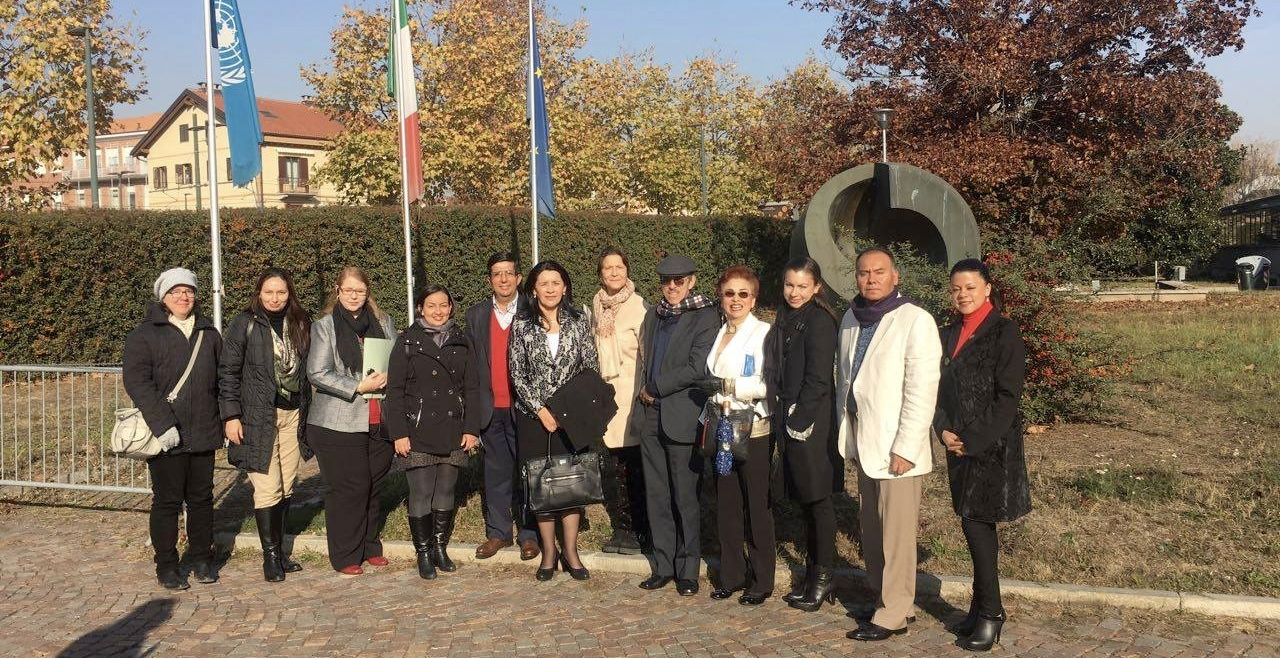STUDY VISITS
José Agustín Suárez Alba,
Magistrate of the Superior Council of the Judiciary of Colombia
Mary Lucero Novoa Moreno,
Director of the Judicial Academy of Colombia
Max Alejandro Florez Rodríguez,
Magistrate of the Superior Council of the Judiciary of Colombia
Héctor Pichardo Aranza,
Magistrate of the Unitary Criminal Chamber of the State of Mexico
Diana Berenice Mendoza Pérez,
Director of Certification, Training and Extension of the Judiciary of the State of Mexico
Claudia Lizeth Villavicencio Guadarrama,
Certified mediator, conciliator and facilitator in criminal proceedings and criminal justice for adolescents in the Judicial Branch of the State of Mexico
Kattia Escalante Barboza,
Deputy Director (a.i.) of the Judicial Academy of Costa Rica
Lourdes Espinach Rueda,
Direction of Costa Rica's Restorative Justice Programme
Jovanna Calderón,
Technical Coordinator of the Project for Strengthening Restorative Justice in Costa Rica


Study visit to Italy, in Turin and Palermo, to learn about Italian experiences with a restorative approach to dealing with serious crimes committed by minors
Description of the visit:
A study visit was paid to Italian institutions to learn first-hand about and observe good practices with a restorative approach in dealing with serious crimes committed by minors. Three professionals from Costa Rica, three from Mexico and three from Colombia participated in this visit. The Italian organisation RE.TE.ONG. provided support for the identification of key institutions as well as for the management and organisation.
Objectives:
To acquire knowledge through observation visits paid to institutions that work on all the components of Juvenile Justice in Turin and Palermo, as well as to civil society organisations that support the restorative approach for the successful social reintegration of victims and offenders.
Institutions visited:
TURIN:
- Meeting with the Juvenile Judge in Turin.
- Meeting with the Department of Justice.
- Visit to the Ferrante Aporti Institute (minors' centre).
- Visit to the Criminal Mediation Centre.
- Meeting with the Antigone Association.
- Visit to Cascina Caccia, run by the Libera and ACMOS Associations (farm confiscated from organised crime).
PALERMO:
- Visit to the Regional Juvenile Justice Center.
- Visit to the First Reception Center (centre in charge of the first reception of the arrested minor).
- Visit to and participation in activities at the Criminal Mediation Centre.
- Visit to the Social Services Office.
- Visit to the Multifunctional Centre for Minors.
- Visit to the Malaspina Institute (centre for minors).
Main products:
Report on the lessons learned and good practices observed during the visit to Italy, with potential adaptations in each beneficiary country of the project.
Assessments:
During the study visit, participants representing the three countries involved in the Strengthening Restorative Justice project identified the host country's strengths and good practices with high potential for replication in their respective countries.
In the case of Costa Rica, special attention was paid to the contribution of the Department for Social Work and Psychology before the imposition of precautionary measures, to inform the judge of the minor's socio-economic status. Good coordination between the State and civil society organisations aimed at the reintegration of minors, specialised work to demystify the mafia and the implementation of restorative practices for the resolution of conflicts within penal centres was appreciated.
As for Mexico, the use of interdisciplinary teams and individual analysis of cases were recovered. Particular consideration was given to the approach to minors, as it seeks to generate a sense of belonging through reintegration work by means of recreational and educational activities. Restorative actions towards the community through the positive use of mafia assets were also valued.
For its part, Colombia appreciated the economic support to Restorative Justice programmes by the State. The country also highlighted University training programmes for mediators from different professions as an interesting practice.
Based on the good practices observed, the three countries established commitments to adapt the actions with the greatest potential for replication to their respective contexts. The actions prioritised were training, interdisciplinary care for minors during their first hours of detention, the use of Restorative Justice to resolve drug-related crimes, and the incorporation of the community into the resolution of restorative processes, among others.





